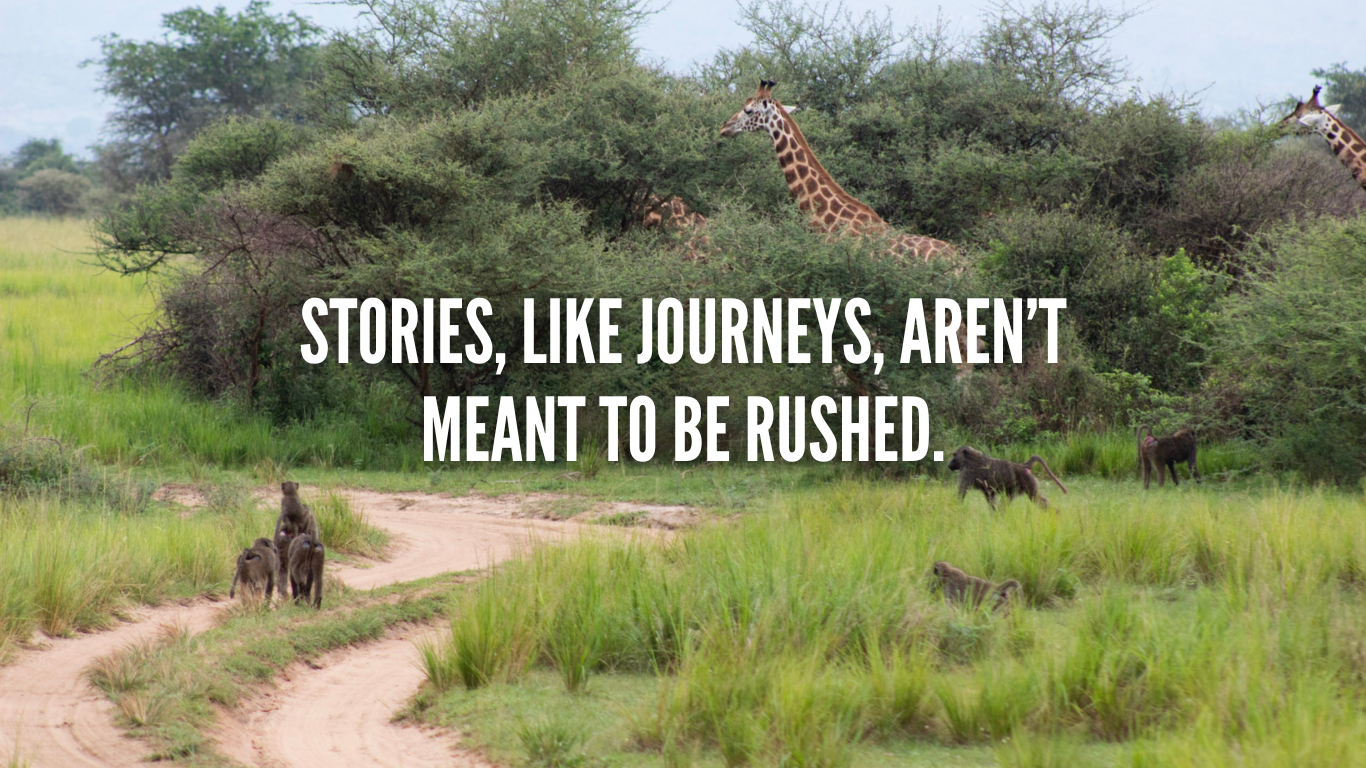Reflections on the new release date for Fields of Resilience When I first began writing
Author: Janelle Nightingale
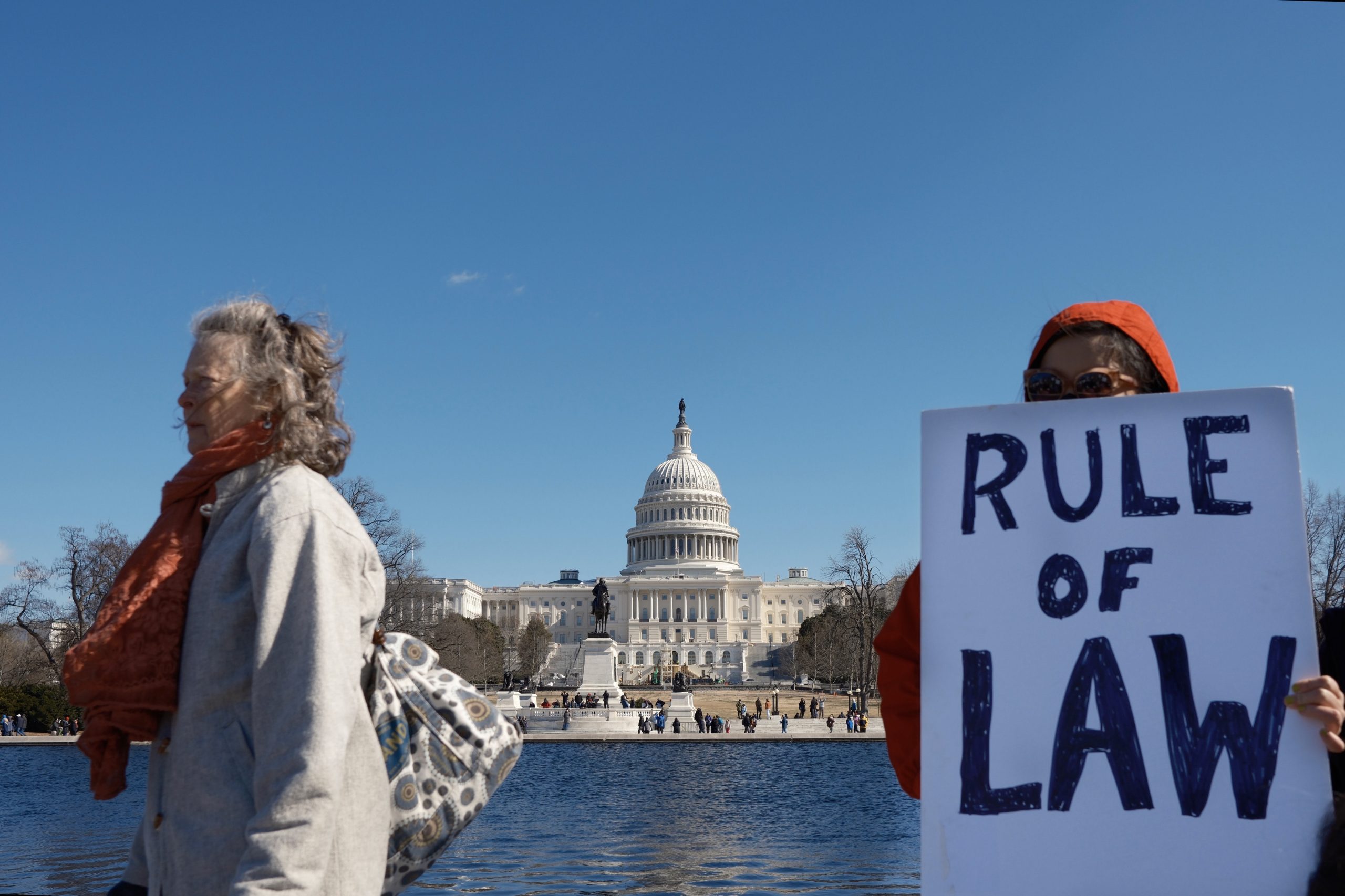
History has shown that authoritarianism doesn’t arrive in a single moment—it creeps in slowly, disguised
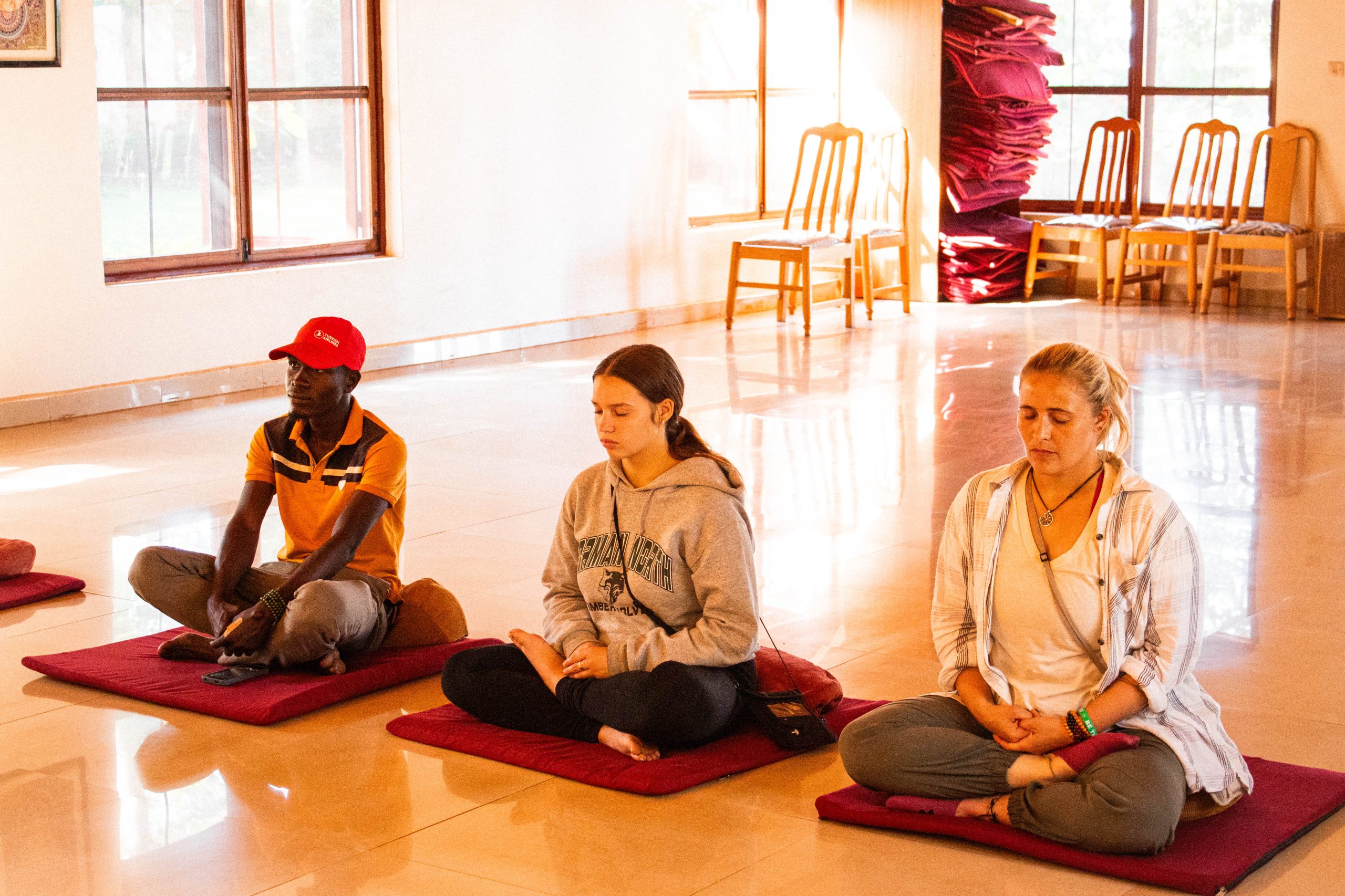
I used to believe that change required action—big, loud, undeniable action. Sometimes, it still does.

Behind the lens, photography has always been more than just capturing images for me—it’s about
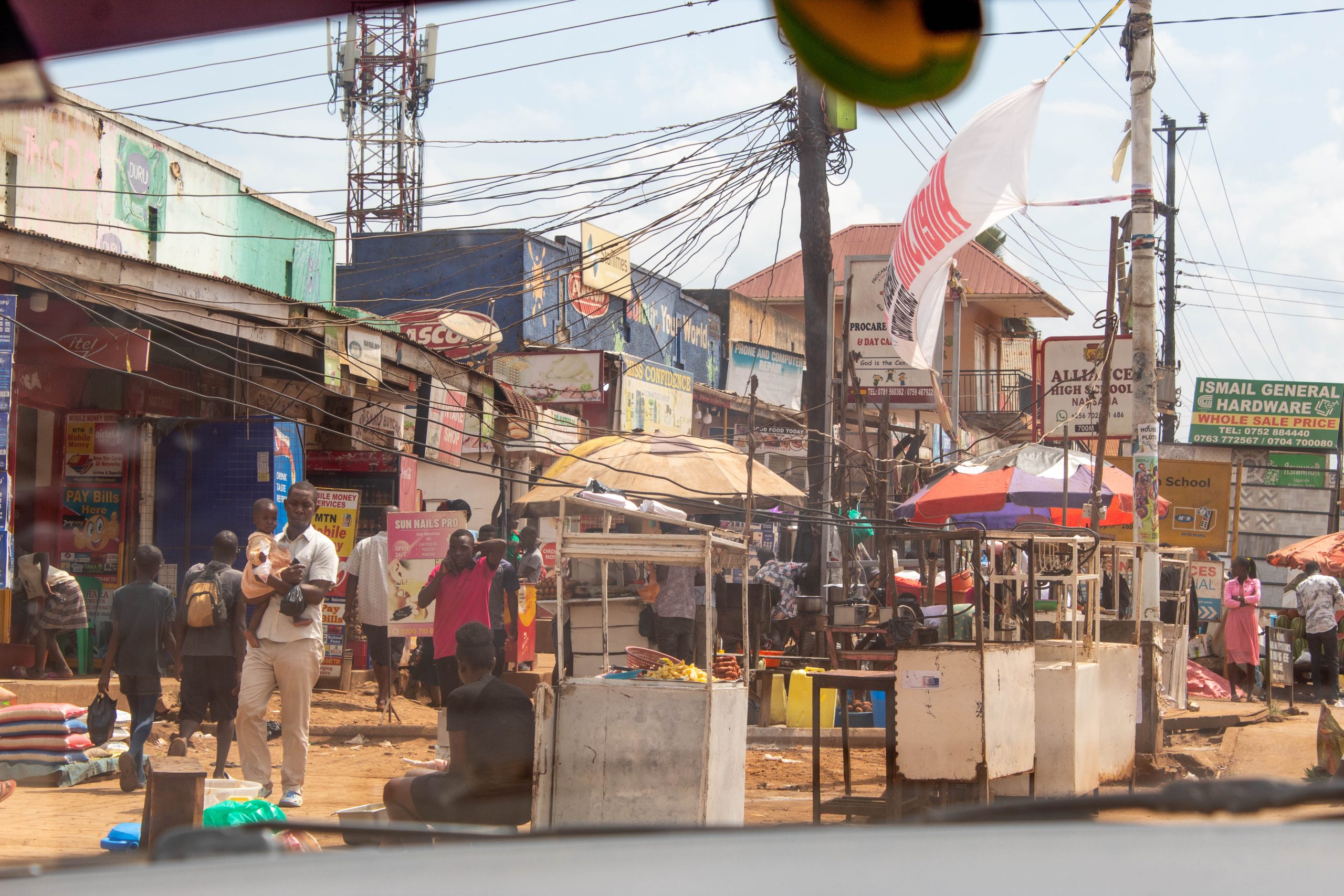
Resilience in Action: Lessons from Uganda’s Communities
Resilience is more than the ability to recover from hardship—it’s the strength to adapt, grow,
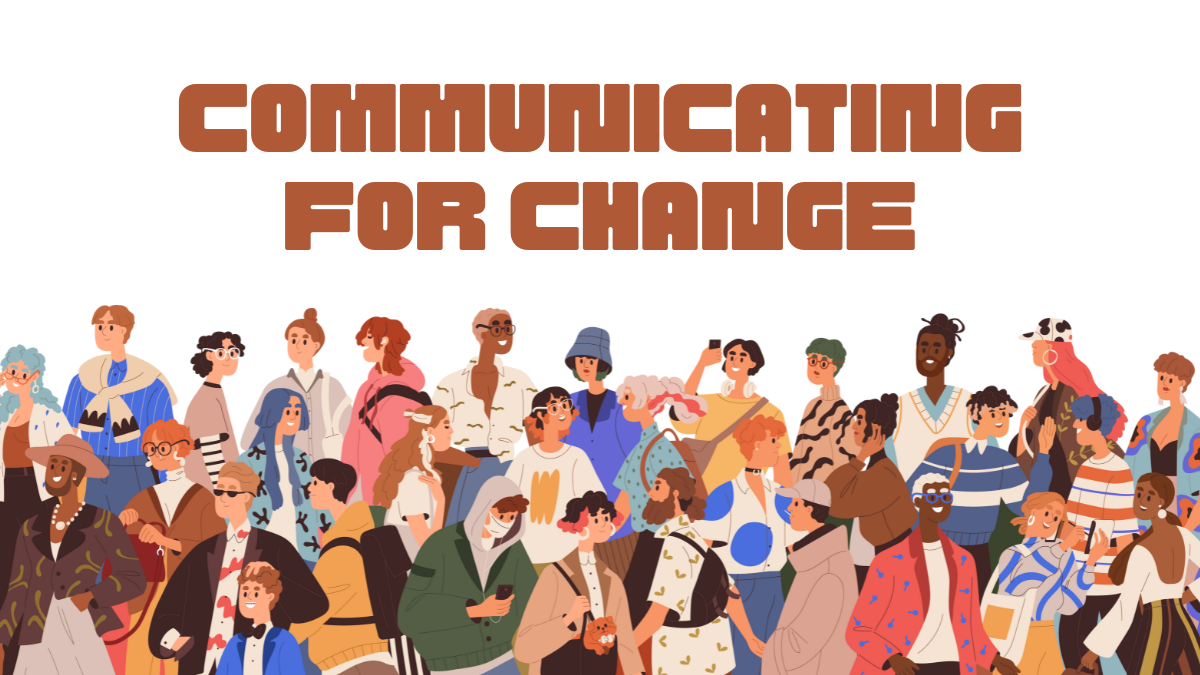
Communicating for Change: Using Strategic Communication to Drive Global Impact
As someone deeply committed to fostering change on a global scale, I’ve come to realize
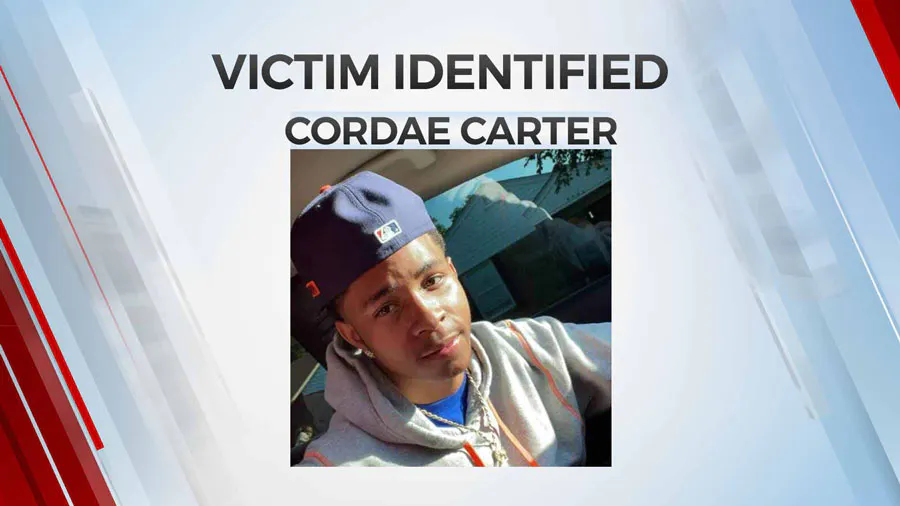
In the heart of Midwest City, a profound loss has rippled through our community. Cordae Carter’s tragic passing marks the end of a young life brimming with potential and serves as a stark reminder of the urgency to foster safety and unity. As we reflect on Cordae’s memory, it is paramount that we collectively advocate for justice and work towards ensuring such heartbreak doesn’t recur in our community.

Navigating through two decades in marketing, communications, Army PR, and NGO leadership has exposed me to unique challenges and complexities. Dr. Atul Gawande’s “The Checklist Manifesto” resonates deeply, shedding light on the need for simplicity and structure amidst chaos. Drawing parallels from military PR to medical procedures, this book illuminates how foundational tools, like a well-crafted checklist, can be transformative across fields. Dive into this review to discover the profound impact of melding strategic vision with tactical precision.

